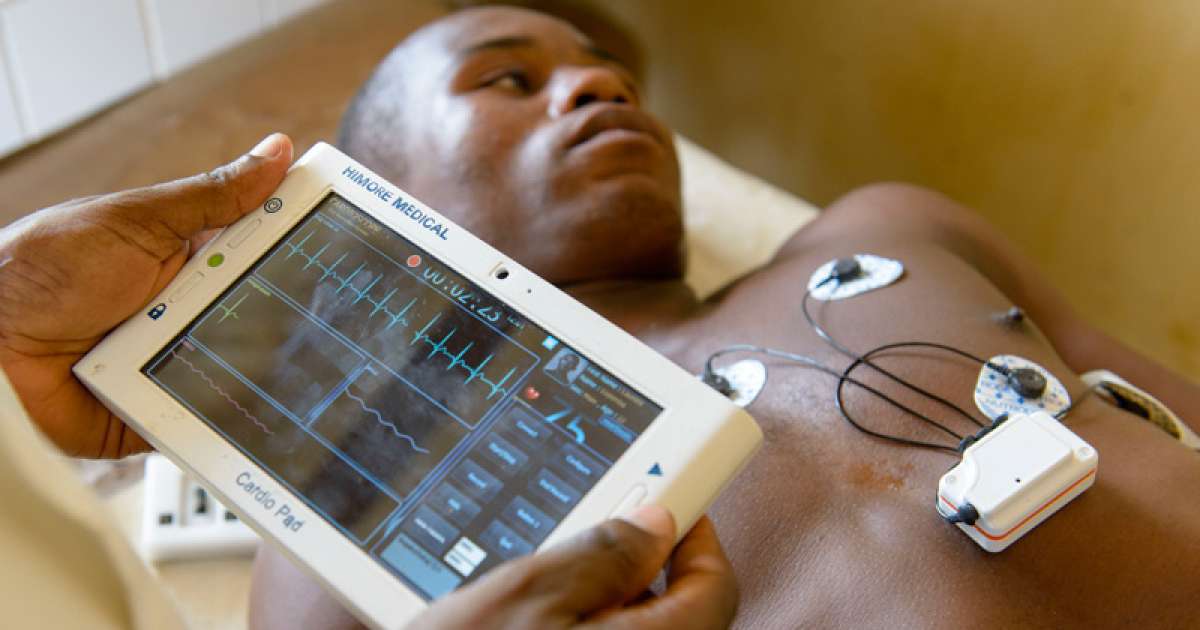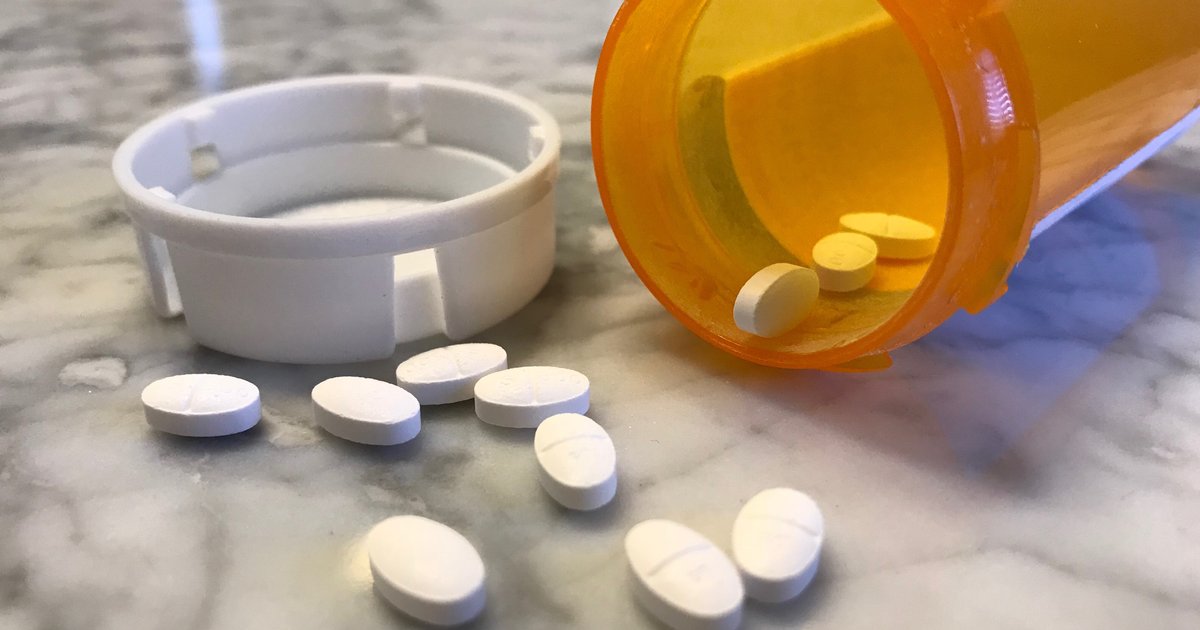How Heart Valve Problems Are Treated
Heart valve problems come in numerous types and affect one or more of the heart's four valves: the mitral, aortic, tricuspid, and pulmonary valves. All of the valves of the heart have flaps of tissue that open or close each time the heart beats. They keep blood flowing in the right direction through the heart and throughout the body. The majority of heart valve issues can be categorized as regurgitation, stenosis, or atresia. Regurgitation occurs if flaps cannot completely close during heartbeats, resulting in blood leaking back into the heart.
In stenosis, the heart valves become stiff and cannot open wide enough for sufficient blood flow. Atresia is the absence of an opening within a valve. Heart valve issues can be either congenital or acquired. Some examples of typical heart valve problems include aortic valve stenosis, mitral valve regurgitation, mitral valve prolapse, and pulmonary valve regurgitation. Heart murmurs and endocarditis are also classified as heart valve diseases.
Regular Monitoring

Heart valve problems are typically diagnosed by a cardiologist, a specialist in heart disease. Cardiologists also oversee follow-up care and treatment regimens for heart valve patients throughout their lives. Regular monitoring can help cardiologists and other medical staff plan the most effective treatment options for each patient. Monitoring generally consists of the same procedures used in making an initial diagnosis. These include a physical examination and tests such as electrocardiograms, echocardiograms, exercise tests, chest x-rays, and cardiac MRI scans.
During the physical examination, cardiologists listen to the heart to detect abnormal sounds. MRIs and other imaging tests allow doctors to get a detailed picture of how well a patient's heart is functioning. These images can be compared to previous ones to chart progress. Patients will typically have follow-up appointments at least every six months, and those with particularly advanced conditions may need to be examined every three months or more often.
Heart Valve Surgery

Heart valve surgery can be used to prevent future complications of heart valve diseases and improve the quality of life for patients. Sometimes, doctors may recommend it even if patients are not yet experiencing symptoms from their condition, and it may be needed at other times if heart valve disease has progressed. The exact type of heart valve surgery used will depend on the patient's diagnosis. Some types include valve replacement and valve repair. In valve replacement, a damaged valve is replaced with one from a cow or pig, though some replacements may be made from human heart tissue. The valves are treated before they are inserted so patients will not need to take anti-rejection medication. Heart valve repair may involve reshaping heart tissue to enable valves to close tightly, patching holes or leaky areas of valves with added tissue, and separating valves that have stuck together.
Heart valve procedures are performed under general anesthesia. Traditional types of these surgeries require large incisions, and patients often need to stay in the hospital for up to five days following the procedure. The average recovery time with these operations is between six to eight weeks. Newer surgical methods enable doctors to use smaller incisions and require as little as three days in the hospital after surgery. Recovery from the newer operations takes approximately two to four weeks. Newer procedures may not be an option for all patients, and doctors will discuss the most effective surgical procedures for each patient's general health and specific heart condition.
Anticoagulants

Anticoagulants, which are more commonly known as blood thinners, are medications that reduce a patient's risk of blood clots. Some of the major types of anticoagulants include warfarin, heparin, and dabigatran. These are often recommended for patients who have a heart valve replacement using a man-made valve, and patients who have this done will need to take blood thinners for the rest of their lives.
Blood thinners are also needed for patients with particular types of valve disease such as mitral valve stenosis and other conditions that increase the risk of blood clots. Side effects from blood thinners include cold hands and feet, easy bruising or bleeding, blood in the urine, dark stools, as well as pain or temperature changes in the hands, fingers, feet, and toes. Blood thinners are taken as oral tablets each day, and intravenous blood thinners can be administered at hospitals when needed.
Beta Blockers

Beta blockers are medications that slow the heart rate so the heart can work less. Patients often find these medications reduce palpitations. Common types of beta blockers include acebutolol, atenolol, bisoprolol, nadolol, and propranolol. Potential side effects include weight gain, cold hands and feet, fatigue, heartburn, sleep disturbances, nightmares, and dry eyes. Beta blockers are not recommended for patients with asthma or other breathing problems, as they may cause severe asthma attacks.
Diabetes patients who use these medicines should exercise caution as the medication can mask high blood glucose levels, and thus, they may want to check their blood sugar more frequently. Patients using these pills should consider monitoring their weight, pulse, and blood pressure at home, and any side effects should be reported to the patient's medical team.
Diuretics

Sometimes known as water pills, diuretics are medications that reduce the heart's workload by eliminating some of the fluid in the body through urination. Common diuretics include chlorthalidone, metolazone, amiloride, furosemide, spironolactone, and triamterene. These medications may cause dehydration, blurred vision, muscle cramps, tingling in the hands and feet, joint pain, ringing in the ears, and sweating. Dry mouth, sensitivity to light, increased thirst, and unusual bleeding or bruising have also been reported. Diuretics can also lower the levels of potassium and magnesium in the blood, and as a result, patients may need to take nutritional supplements for these. Sometimes, patients need to have blood tests to monitor their levels of these nutrients.
